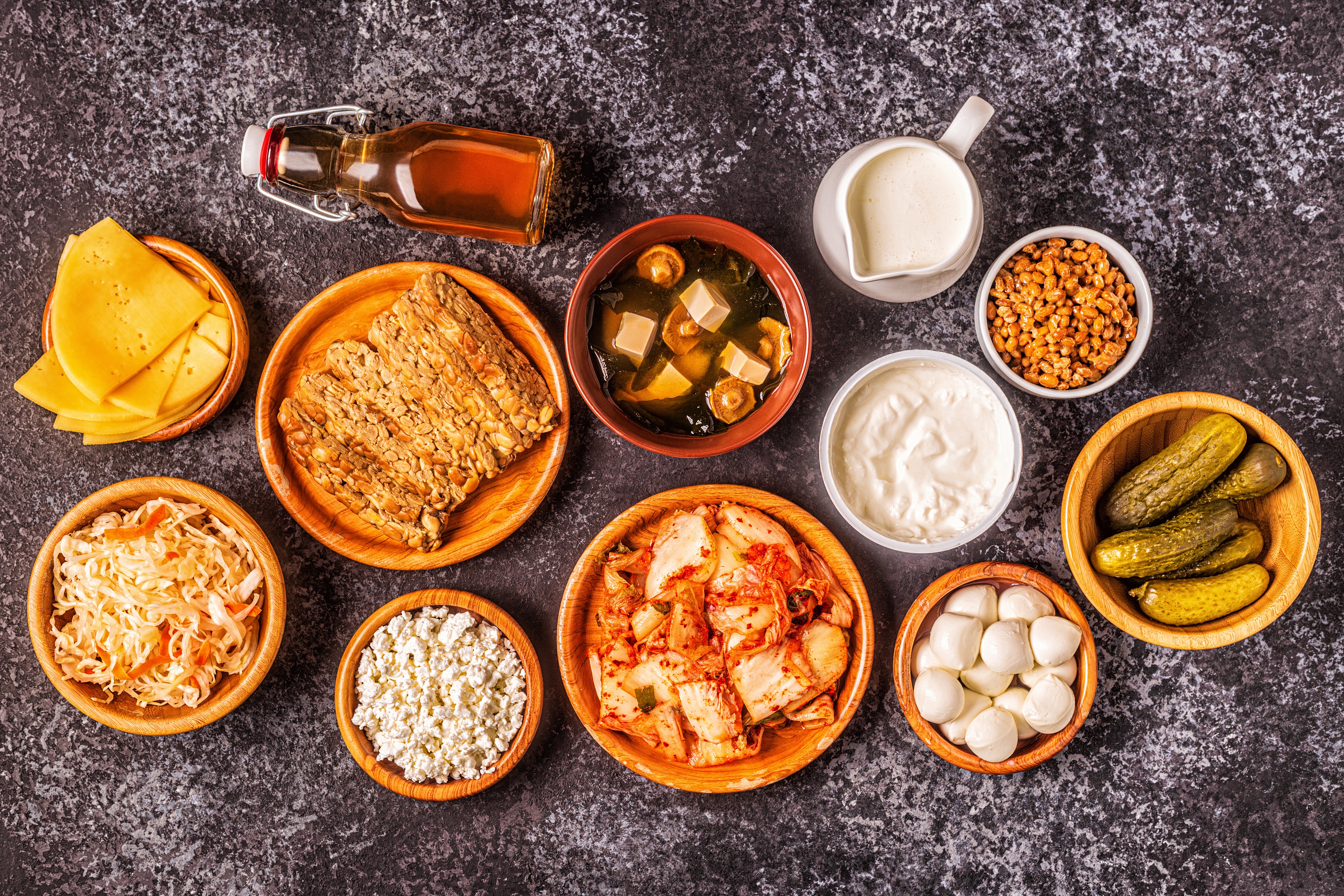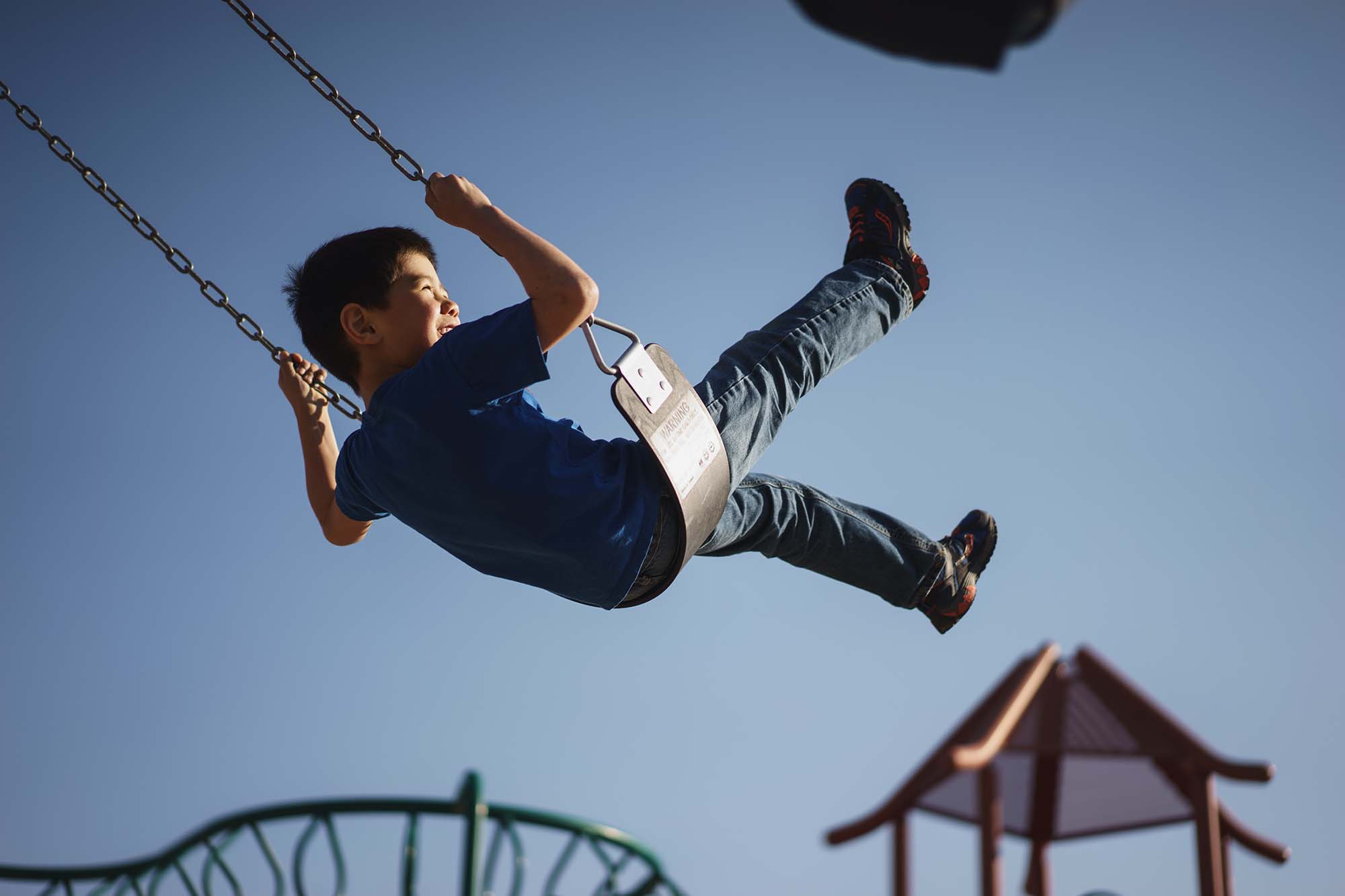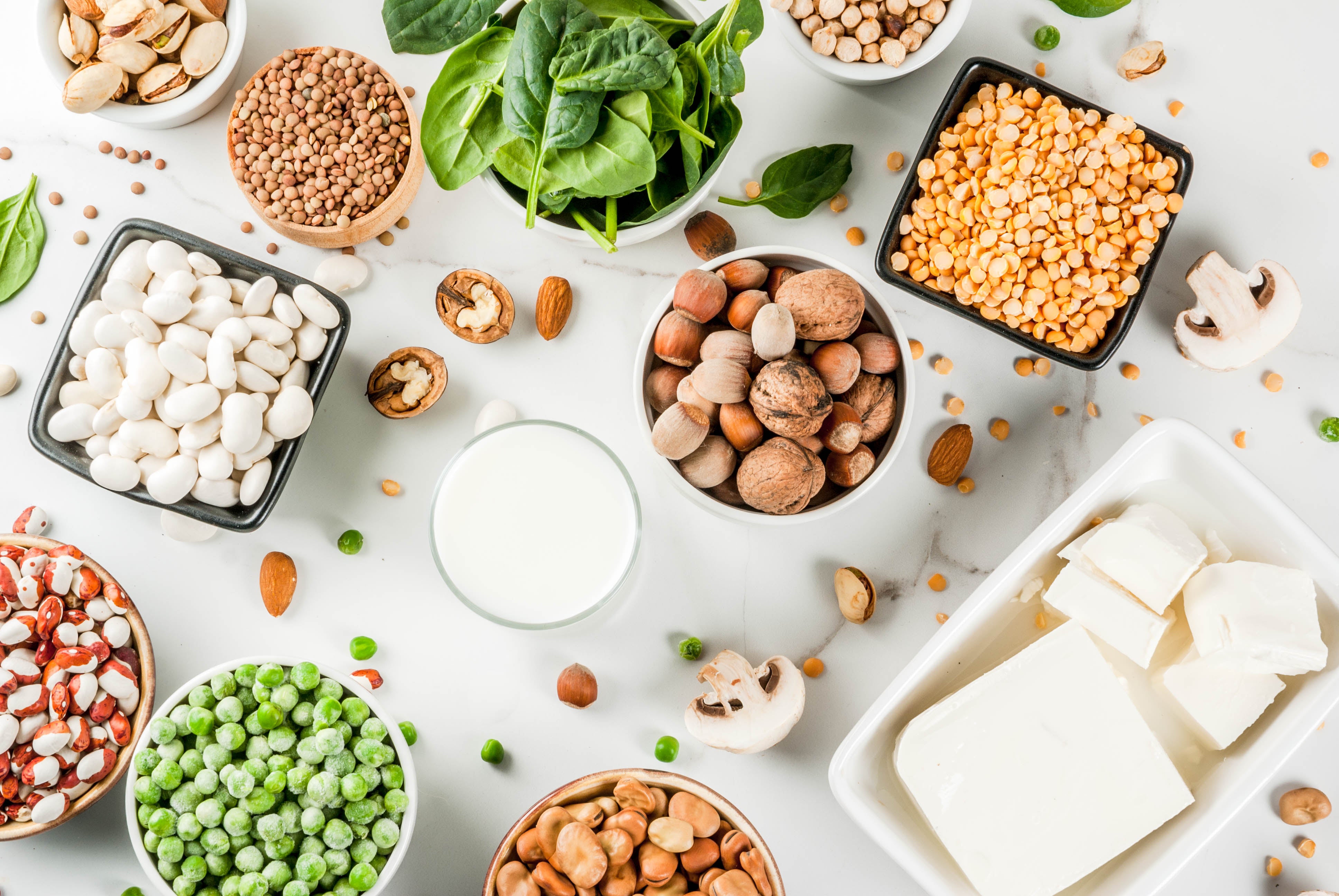If you have an athlete child who's regularly performing at a high level, you might have reached the point to allow them to take protein powders so that it won't affect the rate of their performance. You can indeed find many protein powders for your kids in the supplements market. However, the question is, is it all okay to let your active kid take protein powders? Do they really need it?
Supplementing through protein powders can bring significant benefits to the overall health of your active kids. It is recommended if they are underweight or vegan/vegetarian and have metabolic problems, poor appetite, food allergies, or food aversions.
This post will discuss the nutritional demands of active kids, the role of protein in their energetic lifestyle, and when it is best to give them protein powders.
Let's dive in!
Nutrition for Active Kids
Child athletes need to spend many hours practicing their skills and conditioning their bodies for the upcoming games. However, performance will be lacking if they are not eating well and not getting enough fluid intake.
According to a study, nutrition plays an essential role in the total success of any athlete, no matter which sport they are involved in. After all, all of their activities are fueled by the food they eat from pre-performance and post-performance.
As part of a healthy diet, your active young ones require sufficient amounts of macronutrients, micronutrients, and fluids to help them ace in their sports and other physical activities.
The crucial nutrients your active and athletic kid needs are:
- Carbohydrates. This is the main source of energy to fuel young athletes' performance.
- Protein. It is vital for building tissues and muscles.
- Vitamins. Vitamin B-complex is necessary for energy metabolism and vitamin D for bone health and calcium absorption.
- Minerals. Calcium is crucial to support bone health and iron for oxygen transport.
- Fluids. It is needed for hydration and body temperature regulation.
Overall, proper nutrition will make your child athlete feel more energetic and stronger. It will also help lower their risks from injuries and maintain a healthy weight.

The Role Of Protein For Active Kids
Let's take a closer look at proteins.
It is a great challenge to ensure your young athlete consumes a sufficient amount of protein each day. Protein is an essential nutrient responsible for repairing and regenerating damaged muscle tissues. It also plays a vital role in muscle contraction, hormone production for muscle growth, and immunity.
After a training session, the work of protein is needed to accelerate muscle recovery. When the body digests proteins, they are broken down into amino acids. These amino acids are carried into the muscle tissues to repair the damage caused by excess exertion. As a result, it leads to lean muscle growth. If a young athlete's diet lacks protein, it will delay their muscle recovery. Aside from that, it also hinders their progress from becoming the best they can be
How Much Protein Do Kids Need?
Each of us has a different protein requirement as it will depend on multiple factors such as age, sex, body weight, physical activity, and intensity and frequency of strength training. Athletes generally have higher protein demands than individuals living a less active lifestyle.
As child athletes train for long durations, they need the power of protein to maintain their blood glucose through liver gluconeogenesis. This is the process where the body breaks down non-carbohydrate substances like amino acids to glucose - for energy.
The protein requirement of your child athlete must approximately cover 10% to 30% of their total energy intake (for four- to 18-year-olds). The specific amount of your athlete child's protein intake will matter on their goals, training status, and nature of activities.
The protein recommendation for child athletes (and adolescents) may reach up to 1.7grams/kg/day. Unlike their non-active peers, they only need 0.8 to 1.0 grams/kg/day. Thus, you should see a sports nutritionist-dietitian to calculate the right amount of daily protein intake for your young athlete.
Active kids can hit their daily protein needs by consuming protein-rich foods such as lean meats (beef, pork, and chicken), fish, eggs, milk, cheese, beans, lentils, low-fat yogurt, seeds, and nuts.
When is Protein Powder Needed For Active Kids?
As a supportive parent, you want to ensure that your child athletes are getting enough nourishment as you now know that their nutritional demands are higher than their non-active peers.
Ideally, you don't need to provide any type of supplementation to your active child as long as they are consistently eating a well-balanced diet.
Your child may need an additional protein load in their diet if they fall under these conditions.
They are underweight or malnourished.
If a child has a Body Mass Index (BMI) that falls below the 5th percentile, they are considered underweight. A child with a healthy weight belongs between the 5th percentile to the 85th percentile.
They have metabolic conditions.
Children with metabolic syndrome are prone to developing heart disease, stroke, and diabetes. In many cases, their bodies may have difficulty breaking down carbs, sugars, lipids, amino acids, and others. That's why a high-protein diet may help alleviate their condition.
They are vegans or vegetarians.
Children on a vegetarian or vegan diet may have specific nutritional deficiencies in high biological value (HBV) protein, vitamin B12, calcium, iron, and zinc.
They have food allergies.
There are protein foods that can cause allergic reactions among children. Eliminating certain protein food groups in your child's diet may lead to specific nutritional deficiencies and poor growth. These include eggs, milk, seafood and shellfishes, wheat, peanuts, soy, tree, and nuts.
They have food aversions toward specific protein foods
Children who are picky eaters are the ones who have specific food aversions. It refers to a child who may have no problem eating the food they prefer but vehemently refuses to take foods not to their liking because of their texture, taste, smell, or temperature.
For instance, a child with milk and meat aversions may suffer nutritional deficiencies in zinc, protein, iron, and calcium.
They have a poor appetite.
Illness, stress, depression, eating disorders, intestinal worms, constipation, and others are the common reasons your child does not have a healthy appetite. Loss of appetite can lead to fatigue, weight loss, and malnutrition.
They don't get enough protein in their diet.
For some reason, some young athletes may find themselves struggling to consume a high-quality diet. And, it might be hard to acquire protein-rich foods such as meat, eggs, milk, dairy products, beans, nuts, and more. Thus, it makes sense for parents to get alternative protein sources like protein powder supplements.
Overall, it is not uncommon for many child athletes to find themselves in one or two of these situations.
Can I Let My Child Athlete Take Protein Powder?
As long as they fall in any of the above mentioned conditions, you can let your child take protein powder to help fuel their athletic demands.
Plus, protein powders are easy to prepare, and you can let your child take them on the go! Make them some protein shakes! It can serve as your child's sports drink to help keep their energy levels high during a sports event.
However, note that protein powders should not serve as your child's only source of protein. Protein powders are developed for supplementation purposes, and they should not entirely replace whole foods.
Furthermore, you have to make sure that you do not overload your child's diet with too much protein as this can also cause adverse effects on their health. Talk with your child's pediatrician first to confirm if they are not getting enough proteins.
So, how do you select a good protein powder for your kids? Learn more here
How To Enhance Your Kids' Protein Shakes?
Empower your young athlete to progress in sports and in life. Enhance your child's protein shake with some burst of flavors!
Aside from mixing your protein powder with just water alone, you can make it more delicious and healthy. Protein shakes can also boost your child's intake of other nutrients, especially when you combine different types of food ingredients that will enrich the texture and flavor of the drink.
These are the typical ingredients you can add to preparing a glass of healthy protein shake

- Fruits. Fruits enhance the vitamins and minerals profile of protein shakes. For starters, you can try adding your child's favorite fruits. It can be strawberries, mango, pineapple, banana, or blueberries. These fruits usually go well with protein shakes.
- Milk. Instead of water, you can use milk as a base liquid. That way, your child can enjoy a protein shake that has a rich and creamy flavor.
- Vegetables. Aside from fruits, leafy greens like kale, spinach, lettuce, or chards can provide extra nutrients to your child's protein shake.
You can try adding chocolate, yogurt, peanut butter, or other healthy fats for more exciting flavors.
What Can My Child Get From Kids Good Stuff?
Watch your young athletes grow and become stronger each day as they work their best in the sports they love. Have Nuzest's Kids Good Stuff as their companion in every athletic milestone they take.
Your child gets 8g of protein with a significant dose of other essential nutrients for every serving of Kids Good Stuff.
Our Kids Good Stuff is a plant-based nutritional supplement carefully formulated for children between the ages of 4 and 13 by an independent team of nutritional experts. It holds a superb balance of greens, fruits, vegetables, herbs, probiotics, vitamins, and minerals.
Additionally, Nuzest's Kids Good Stuff is vegan, gluten-free, dairy-free, nut-free, and non-GMO! We have three flavors that you can choose for your child: wild strawberry, rich chocolate, and vanilla caramel.
Kids Good Stuff
Parents asked, we answered. Kids Good Stuff is the one-and-done nutritional support that growing bodies need.

Disclaimer:
The information provided on Nuzest is for educational and informational purposes only. The information provided on this site is not, nor is it intended to be, a substitute for professional advice or care. Please speak to your qualified healthcare professional in the event that something you have read here raises questions or concerns regarding your health.
















